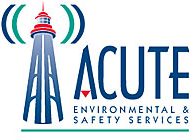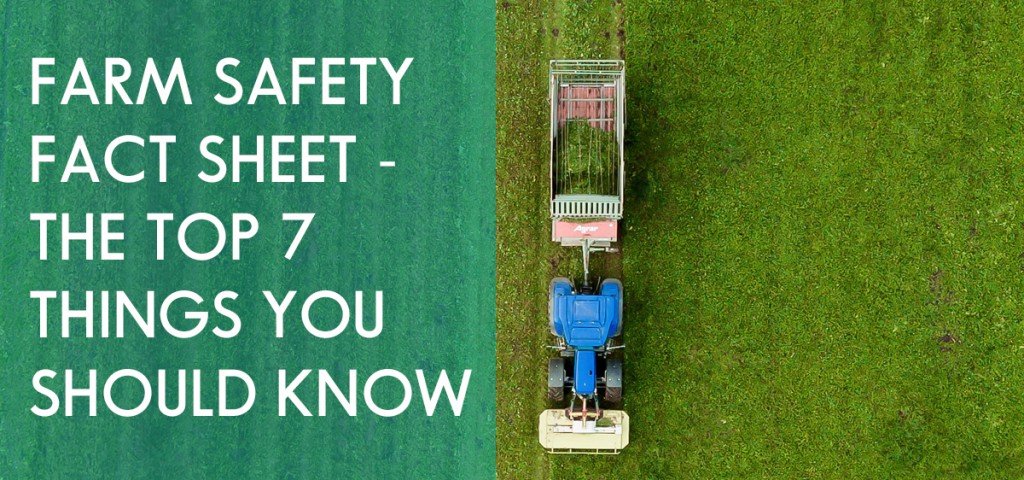
Did you know that the farm and agriculture industry is one of the most dangerous in Canada today? If you have unanswered questions regarding farm safety in Ontario, this Farm Safety Fact Sheet is here to help you learn the top 5 things you need to know about farm safety. If you have more questions or would like information about Farm Safety in Ontario, contact the professionals at ACUTE today! You can trust their training.
Farm Safety Fact Sheet

1. Understand Livestock Behaviour
In some Canadian provinces, over half of all farm-related injuries involve large animals such as cattle and horses. Understanding and knowing how to anticipate livestock behaviour is key to minimizing accidents. Animals reactions to humans are based on instinct, therefore, when animal handlers are aware of how animals react it can help prevent accidents.
To learn more about how to react in these types of situations check out this Handling Livestock Fact Sheet.
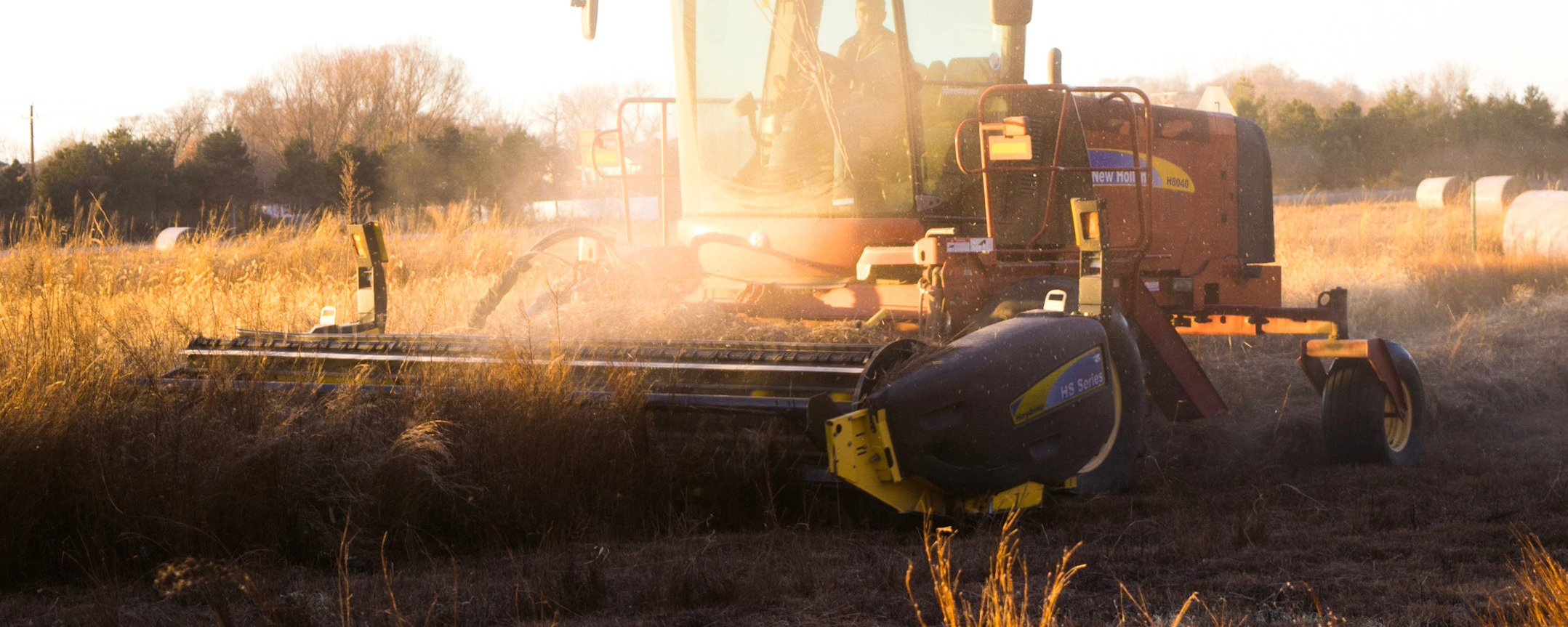
2. Understand Chemical Safety
The second point in our Farm Safety Fact Sheet is better understanding chemical safety. Farms have a number of chemical risks that are often overlooked. Some of the risks are with methane emissions, silo gas, nitrates, and ammonia, just to name a few. Methane emissions come from manure and are dependent upon the way the manure is managed. Silo gas forms through the natural fermentation of chopped silage.
The silage is then converted to nitrates and this forms nitrous acid, which can be very dangerous. Livestock buildings, open feedlots, and storage facilities can also produce ammonia. When it comes to chemical safety there are different ways to protect yourself from each chemical, which requires training. If you are a farmer or live on a farm and haven’t had proper training, contact ACUTE today. ACUTE is the preferred and endorsed safety training provider for OABA.

3. One Or More Farmers Should Have First Aid Training
Because of the risk of accidents, first aid should be required by at least one person working or living on the farm at all times. The minimum basics for first aid on the farm are:
- Have training: take first aid training and make sure you update your training on a yearly basis. St. John’s Ambulance offers first aid courses.
- Have first aid kits: these should be located in farm buildings and near machinery. Know where the kits are at all times and ensure they are well labelled.
- Have a list of emergency numbers: keep these at each phone along with rural addresses to give to the emergency operator.
- Have a cell or mobile phone: make sure you have this with you out in the field. If you or someone else gets hurt away from the farmyard, you can call for help.
- Stay calm in an emergency: call for help if necessary, give first aid, and comfort the victim. Remaining calm is key.
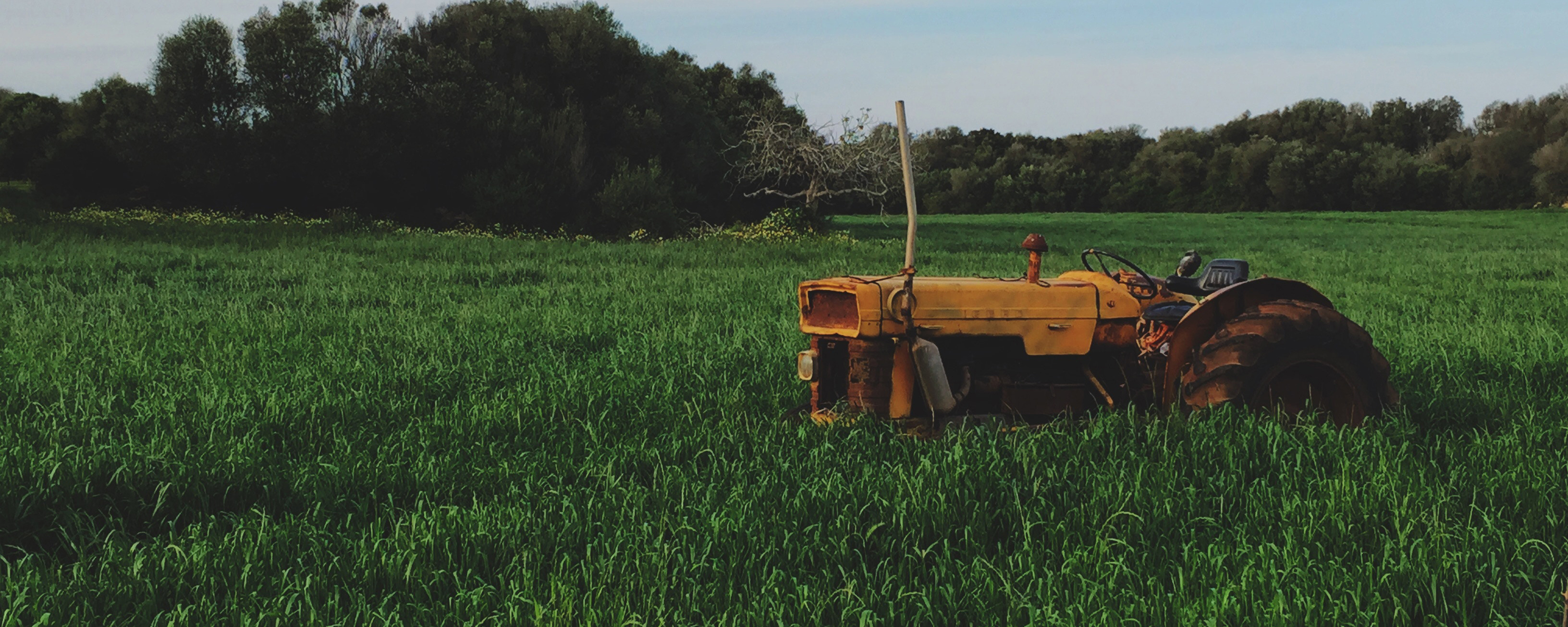
4. Use Proper Hearing Protection Equipment
Farmers use a number of different types of loud machinery including but not limited to tractors, grain dryers, and radios. Because farmers are often exposed to high levels of noise for long periods of time, it is important to use proper hearing protection equipment.
If you have to raise your voice to be heard above the equipment, it’s probably loud enough to damage your hearing. Consistent exposure to such noises can cause hearing loss, and there is no treatment that can correct your hearing once it’s lost. Depending on the type and level of noise there are a number of protective devices that can be used. Check with your employer or contact ACUTE if you are wondering what kind of protection you need.

5. Beware of General Safety Risks
Farms are full of safety hazards. There are also slip, trip, fall, and driving hazards on farms. The safest way to be prepared for these risks is to complete a full training course on Farm Safety. However, for a quick reference, the Farm Safety Walkabout Booklet can help.
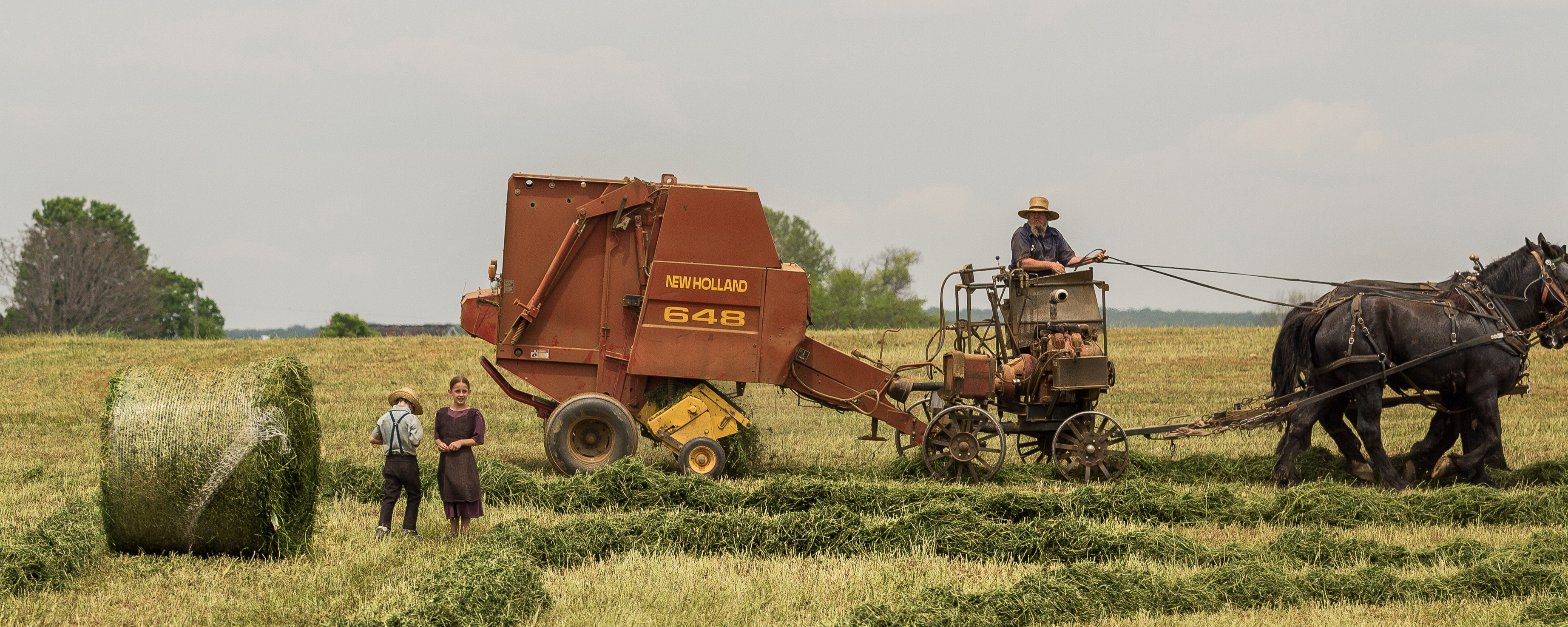
Agriculture, Horticulture and Rural Safety Resources
Workplace Safety & Prevention Services (WSPS) is now the health and safety provider for the agriculture sector, including
• Livestock Farms
• Field Crop, Fruit, and Vegetable Farms
• Tobacco and Mushroom Farms
• Fishing and Miscellaneous Farming
• Poultry Farms and Agricultural Services
• Landscaping and Related Services
WSPS, and other health and safety partners, assist clients to build health and safety into their operations. They offer innovative and cost-effective solutions to meet the unique needs of agriculture operators, including Seguridad Agricola – Agricultural Safety, Training, and Products & Resources.

Farm Safety Resources
The Ministry of Labour, Immigration, Training and Skills Development also has many resources that provide general information about safety awareness, as well as resources specific to safety on farms:
- The Worker Health and Safety Awareness in 4 Steps and the Supervisor Health and Safety Awareness in 5 Steps training programs introduce the Occupational Health and Safety Act to employers and employees
- Farming Operations/Agriculture offers a list of resources about the Occupational Health and Safety Act for farming operations
- The Guide to the Occupational Health and Safety Act for Farming Operations outlines the rights of farm workers, the duties of employers and other health and safety rules for the farm
- The Agricultural Workers web page gives specific information on the rights of farm workers in Ontario
- The Prevention Starts Here poster, available for download in multiple languages, outlines the health and safety responsibilities of both employers and employees

ACUTE: Trusted Safety Consultants Ontario
ACUTE’s experienced team members have been serving safety professionals for over 20 years. They’ve done the work and become safety advisors. Trust ACUTE for hands-on, practical training to keep your employees safe in the workplace. ACUTE is dedicated to workplace safety and understands the importance of course and training provider approval. Why get workplace safety training with ACUTE? Here are just some of the benefits of working with ACUTE.
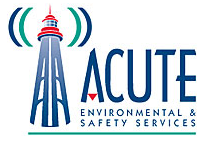
- Open Door Instructor-Student Partnership – ACUTE’s training services emphasize client participation. Staff foster relationships with clients and serve as a touchstone for advice anytime moving forward.
- Serving Your Team and Industry – With a vast array of clients in manufacturing, construction, health, academic, and government sectors, ACUTE brings the best safety practices from across the spectrum to your workplace.
- 100 Years Combined Experience – ACUTE provides comprehensive health and safety training, on-site safety services, and consulting services. With over 100 years of combined experience, our company staff offer more than theoretical or abstract ideas. ACUTE offers solutions.
- Track Record of Success – ACUTE is rated 4.9/5 stars on Google reviews, demonstrating a commitment to our clients, quality, and passion for training.
“We have relied on ACUTE for years to train our staff and
keep them safe on the job site.”
– Bob, Millwrighting Company – Read More Testimonials Here!
Click here to see what training courses we have at ACUTE or contact us today for quality training in your workplace or on-site at ACUTE’s proven training facilities!
ACUTE is located in Waterloo, Ontario, and services customers from cities such as Toronto, Mississauga, Brampton, Hamilton, Milton, Kitchener, London, Guelph, and others across Ontario.
